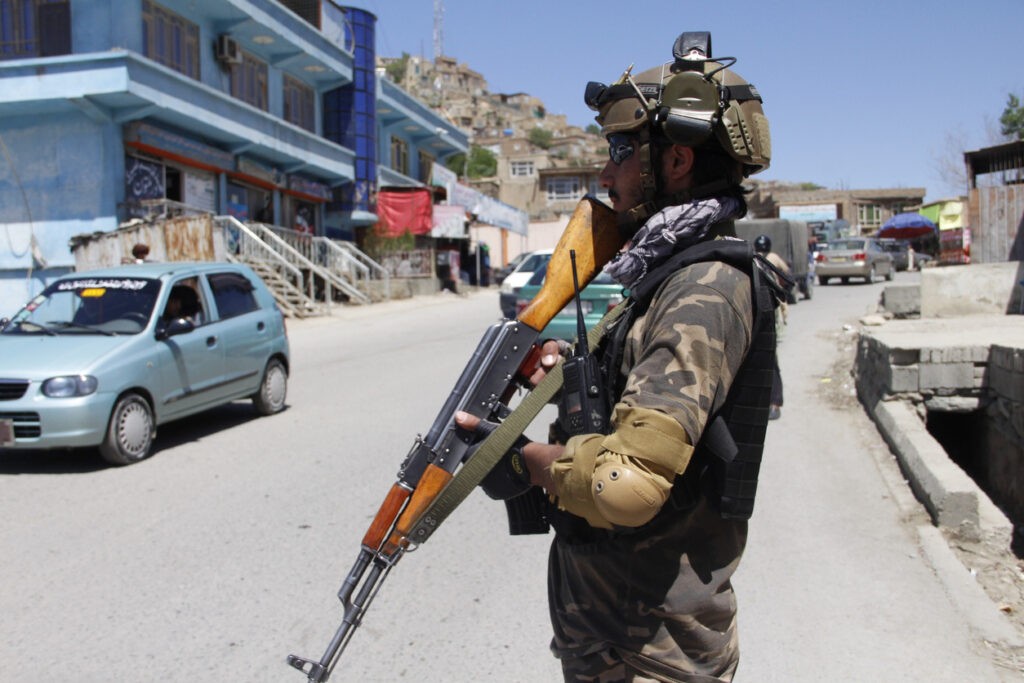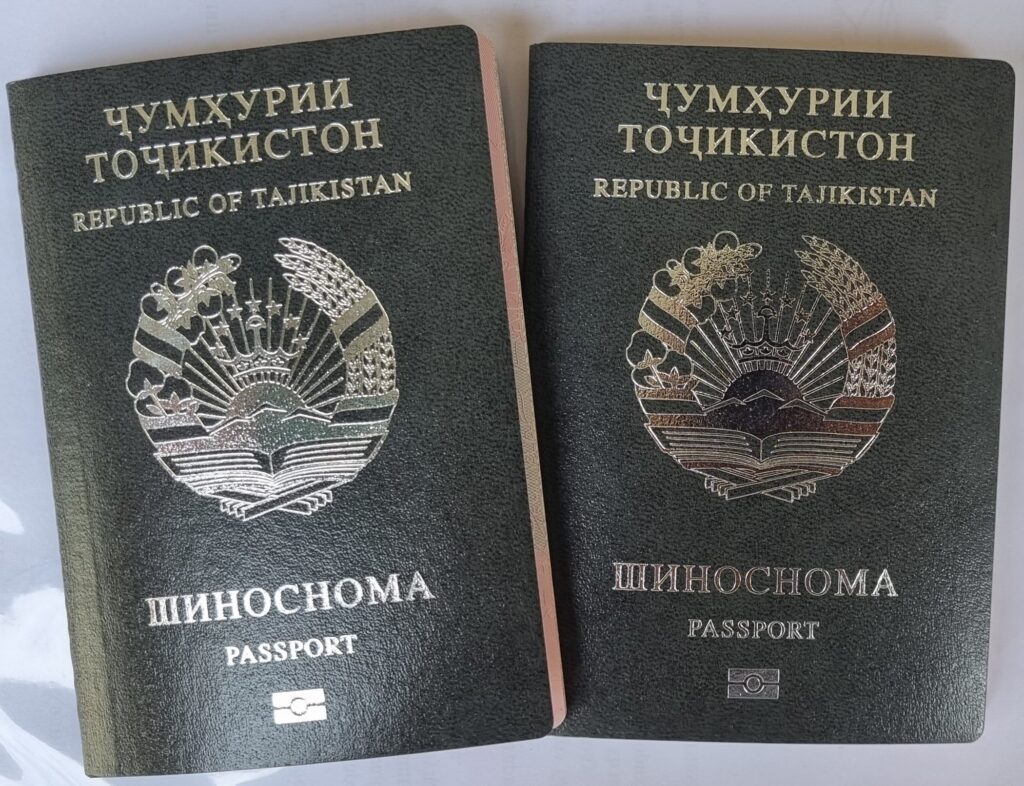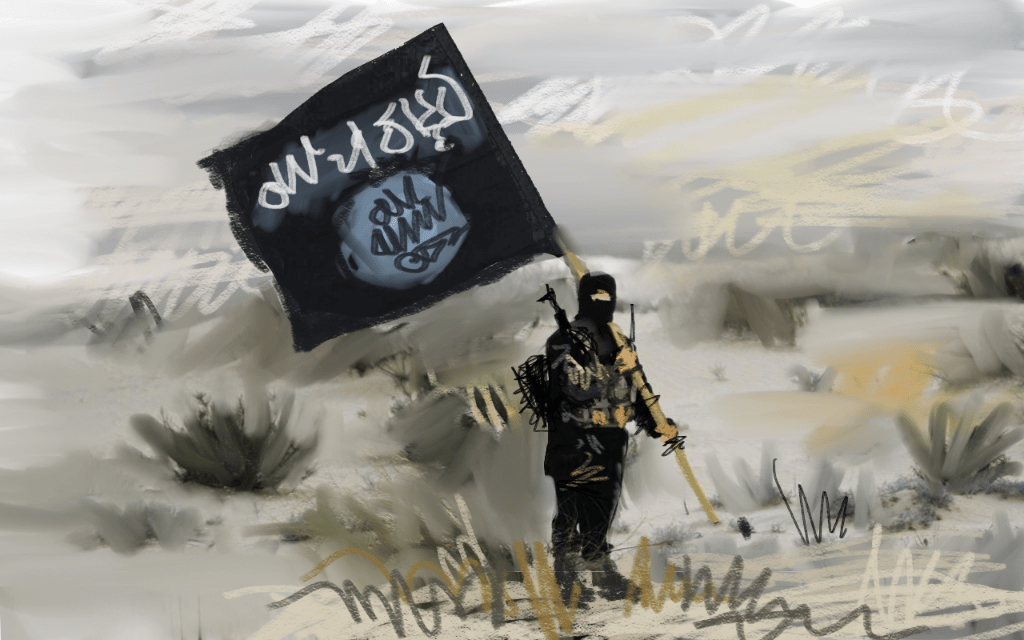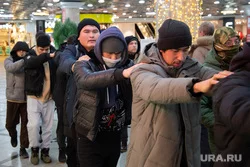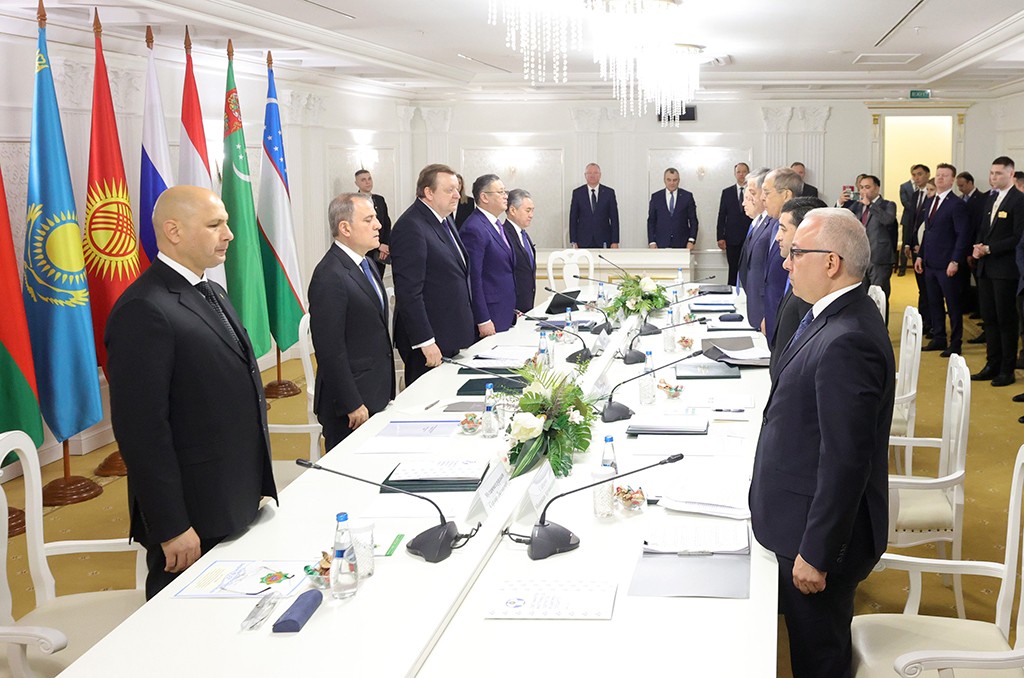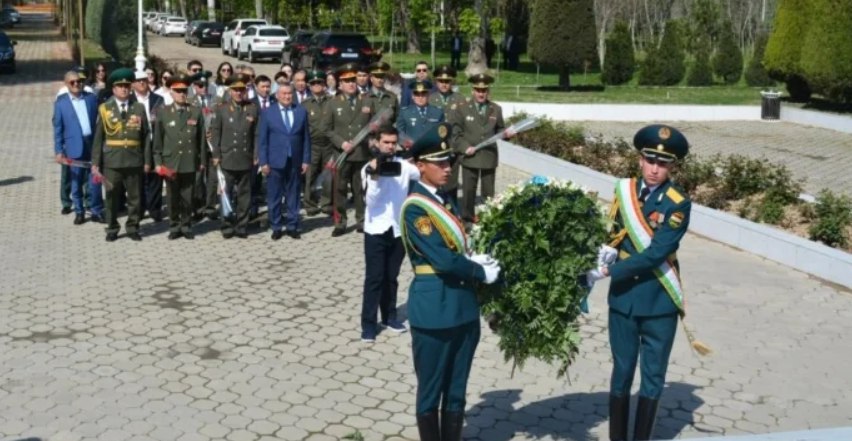The Taliban and its Neighbors: An Outsider’s Perspective
This is part two of a piece of which part one was published here. The topic of a regional approach to solving Afghanistan's problems is increasingly being discussed in various expert and diplomatic circles. The International Crisis Group (ICG), a reputable think tank whose opinion is extremely interesting as part of an "insider vs outsider" set of viewpoints, writes about this in particular. A report from ICG entitled "Taliban's Neighbors: Regional Diplomacy with Afghanistan" is one of the first works to summarize the role and place of the region as regards the situation around Afghanistan. In the voluminous work, the authors touch upon almost all aspects - issues of diplomatic recognition, security, terrorist activity, trade and economic relations within the region, water issues and others. In their conclusions, ICG analysts point out that many steps towards regional cooperation aren't related to Western donors, but European countries should nevertheless be interested. Europeans in particular would benefit from a stable, self-sufficient region that isn't a major source of illegal drugs, migrants or terrorism. But sanctions and other Western measures designed to show disapproval of the Taliban are obstacles to a more functional relationship between Kabul and the countries of the region. Significant progress depends on Western support - or at least tacit acquiescence. While such practical steps need not lead to recognition of the Taliban regime, they will contribute to regional peace and security. However, experts are concerned that the emerging regional consensus is directly dependent on security and stability issues in Afghanistan - if regional neighbors feel that the government cannot restore order within Afghanistan's borders and contain transnational threats, the consensus may well collapse. If that happens, regional countries may be tempted to choose sides in another intra-Afghan civil conflict, repeating the destructive pattern of past decades. At the same time, experts believe that the first step toward improving regional security cooperation would be to cool down the rhetoric on all sides and get regional players to agree on security issues, even if they have different priorities. Security information sharing within the region also suffers because the Taliban have yet to build a trusted dialog. They lack credibility because of their complete denial of certain threats. Meanwhile, countries in the region and the world are guided by inflated estimates of militant numbers. The ICG's assessments of the security threats posed by Islamic State Khorasan Province (ISKP) are broadly in line with the consensus - in some ways, the growing concern about ISKP is paradoxical due to the fact that the overall level of violence associated with the group has declined over the past two years. The question of whether ISKP could become a more potent transnational threat in the future remains open. So far, its operations outside of its original territory near the Afghanistan-Pakistan border have been limited. On the other hand, ISKP continues to attract recruits from different parts of Central and South Asia and encourages attacks outside Afghanistan - arguably making it the most dangerous armed group in...


